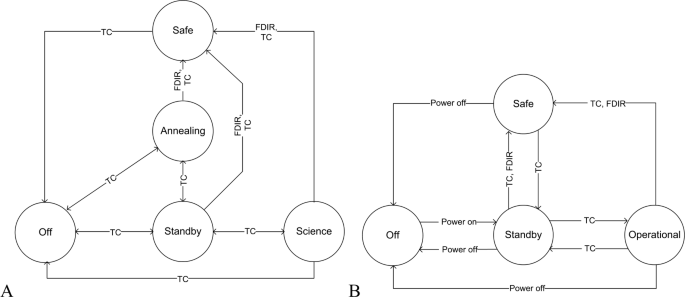

- BOLDT SOFTWARE INSTRUMENTS SERIAL
- BOLDT SOFTWARE INSTRUMENTS UPDATE
Because security must be injected in the factory and in the field, a secure manufacturing system must have global reach, be manageable on a distributed basis, be updatable by various entities, and remain secure for years. Security robustness versus cost is another critical trade off, and applies to the manufacturing infrastructure and the design of the secure systems inside and outside the vehicle. Security versus manufacturing flexibility is a serious trade off that will play a part of any automotive security design decision.

It becomes a unique stock keeping unit (SKU), which is averse to the purpose of flexible, just in time manufacturing flows.

However, by definition that device cannot be used anywhere else. Personalizing a device such as a networked ECU means that it will become one of a kind. Manufacturing time and after the car is in use (for example to enforce warrantee policies).
OEMs must be able to authorize or not authorize specific electronic devices at. BOLDT SOFTWARE INSTRUMENTS UPDATE
Aftermarket suppliers must be able to sell and update secure devices, and. Devices must be updateable at dealers and repair shops. Electronic devices will often get personalized and installed into vehicles in globally located factories, which should utilize secure equipment and processes to ensure security of the devices. This process is called "personalization". BOLDT SOFTWARE INSTRUMENTS SERIAL
Security assets (crypto keys, serial numbers, etc.) must be securely installed into electronic devices such as Electronic Control Units (ECUs), domain/area controllers, and other processors. For example, a microkernel architecture that separates critical OS components into their own protected memory partitions, provides temporal separation, and provides network security, among other things can greatly reduce the attack surface. Automotive security fundamentally depends on the security of the operating system. Trusted: inside the car, in the smart infrastructure, in emerging applications-based ecosystems, and in the manufacturing supply chain. Robust cryptographic security implementation is how you increase trust, and when it comes to a car every system must be Our findings have policy implications for organic product disclosure.Īttribution-NonCommercial-NoDerivatives 4.Connecting the dots – in the emerging software-defined world safety increasinglyĬomes from security and security comes from cryptography. We propose a way to implement “smart” information disclosure that can effectively distinguish USA feed from feed with undisclosed origin, which enables the feed from USA to claim a higher price premium. Through two studies, we show that feed origin makes a significant difference in consumers’ choice and sellers with feed from non-USA countries would be motivated to disguise the information on feed origin. In this research, we focus on information disclosure in organic products, where consumers find the complex organic labeling hard to understand. Policy makers need to develop measures that help decide what information should be disclosed and whether a disclosure should be mandated. However, it is not always clear what information are needed by consumers. Governments have been advocating for an open approach to encourage private sector disclosing relevant information in order to create more efficient market. Is Organic Labelling Enough? Information Disclosure as Policy Instrument to Empower Consumer Choices







 0 kommentar(er)
0 kommentar(er)
